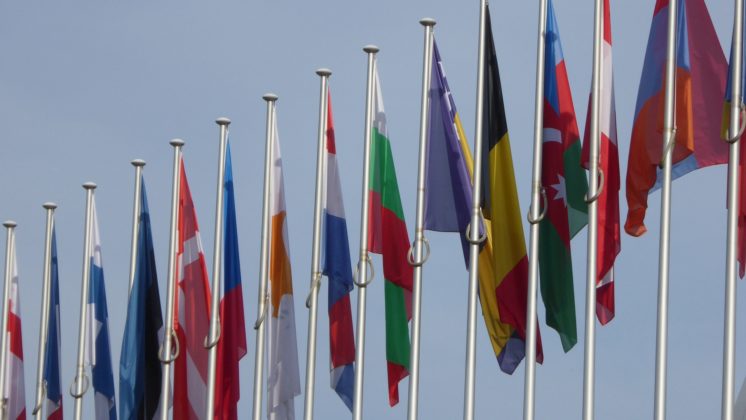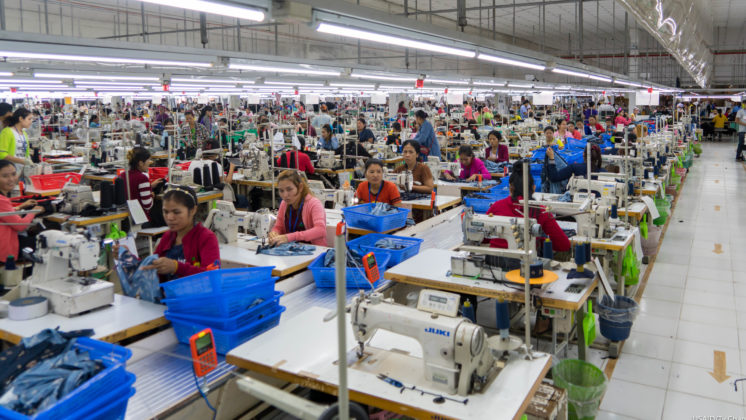The Dutch EU Presidency has invited the Foreign Affairs Council to come forward with Conclusions on business and human rights, in particular on access to justice for human rights abuses related to business operations. This is important because there are still significant gaps – at EU and Member State level - in the protection of human rights from business-related abuses.

ECCJ (of which MVO Platform is an active member), Amnesty International, CIDSE, FIDH and Friends of the Earth Europe call on the Council of the EU to strongly commit in its Conclusions to tackle these gaps effectively. The recommendations are:
1. Addressing the lack of access to remedy for victims of corporate human rights abuses
Today victims of human rights abuses involving European companies face multiple obstacles to access judicial remedies. These include obstacles on admissibility; the often prohibitive costs associated with pursuing remedies through the courts; restrictive procedural rules related to the disclosure of evidence in civil litigation, the absence of clear liability standards for corporate involvement in human rights abuses and the lack of clarity regarding the application of EU rules of private international law in transnational civil litigation.
2. Embedding human rights due diligence in law
Over the last few years a number of legislative initiatives at European and national levels have paved the way towards embedding the corporate responsibility to respect human rights into law. It is essential that the EU builds on these legal developments towards more responsible global value chains. Human rights due diligence (HRDD) should be mandatory for all companies.
3. Enhancing the global legal framework and ensuring policy coherence between the trade and business & human rights agendas
Efforts to implement the UNGPs should be accompanied by positive engagement in further normative developments in the context of the ILO, the OECD and the UN, including in particular the process initiated by the Human Rights Council to elaborate a binding instrument on business and human rights. Regarding the latter, UNGPs implementation and participation in negotiations on a binding instrument on business and human rights should be regarded as complementary as both are essential pathways to achieving greater protection against business-related human rights abuses across the globe.
The Council conclusions should also address EU trade and investment policies and ensure that trade and investment agreements are consistent with international human rights obligations.
4. Developing robust EU and Member States Action Plans on Business and Human Rights
Action plans for the implementation of the UNGPs that are evidence-based and developed through a transparent and participatory process have the potential to catalyse political discussion across different government bodies and deliver a coherent, integrated and accountable program of action to improve human rights protection in the context of business activity. The Council conclusions should emphasise the need for a European Action Plan as well as a coherent and robust National Action Plans and a European Action Plan.
These recommendations, as well as related topics will also be discussed at the high level EU conference on business and human rights organised by The Dutch Presidency jointly with civil society on May 11th in Amsterdam.
Download the letter to the Member States Representatives on the Council of the EU Working Party on Human Rights (COHOM) in the attachment below.




